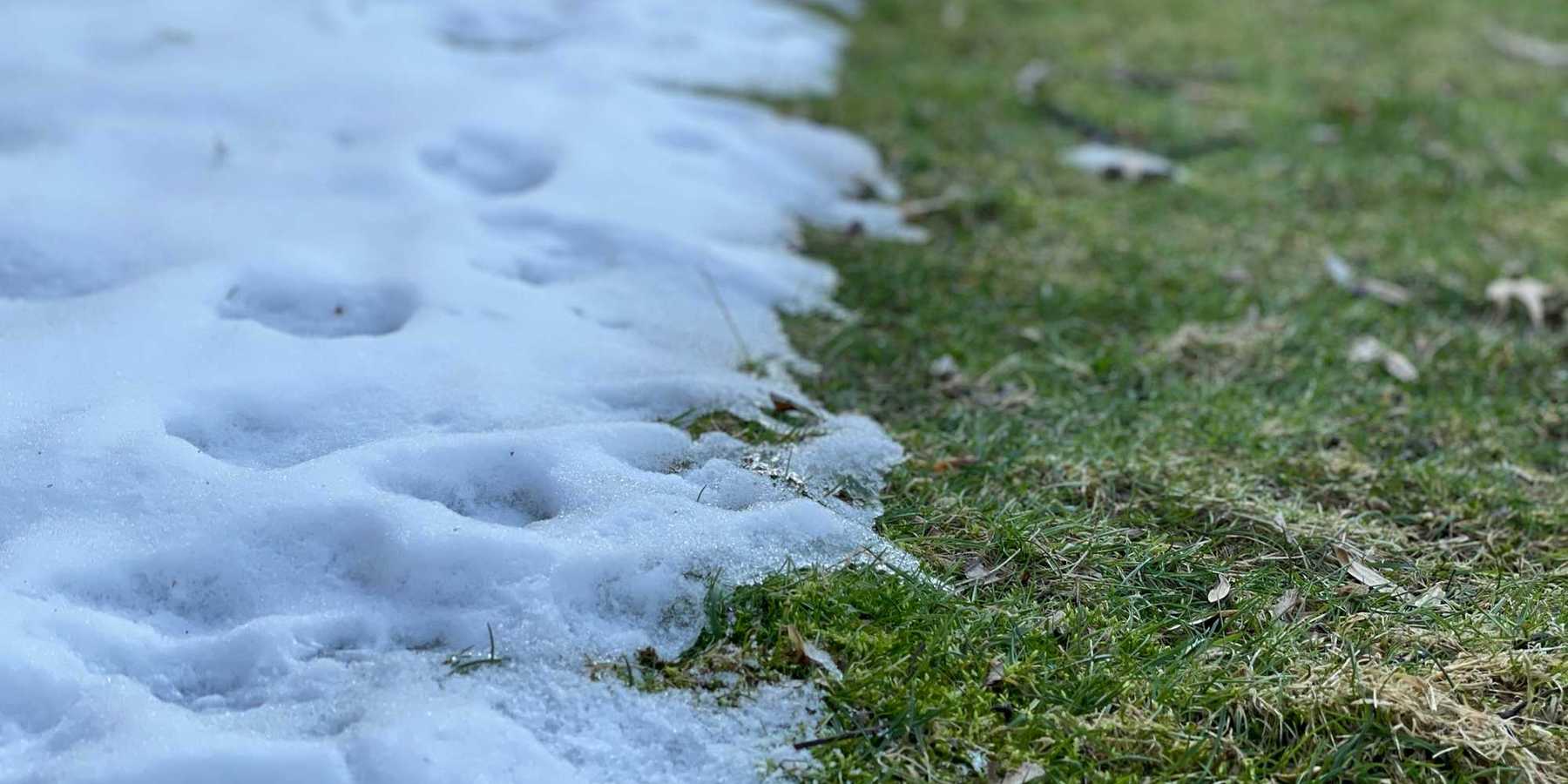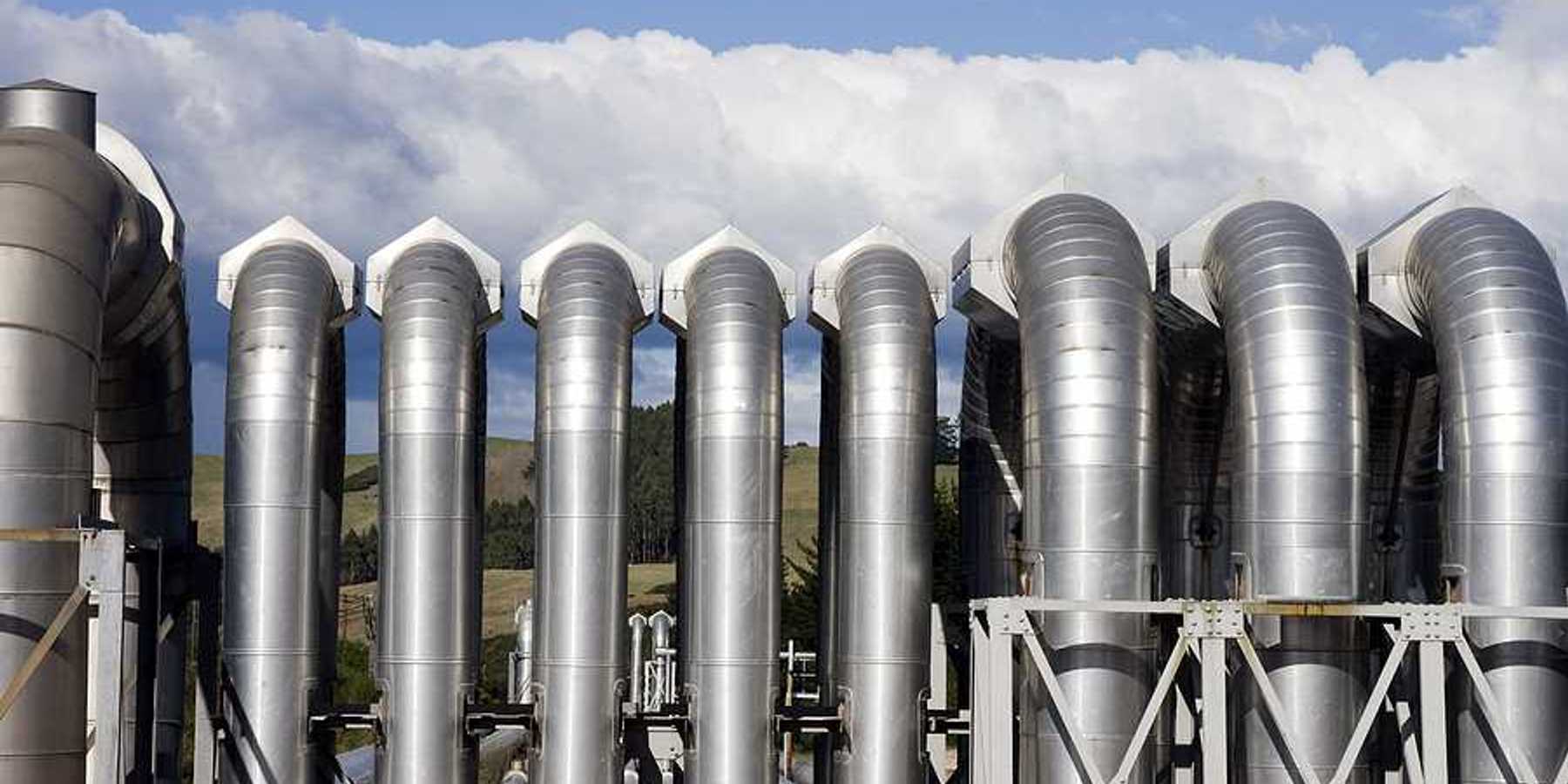Wyoming tribe and city seek federal funding for clean energy projects
The Northern Arapaho Tribe and the city of Cheyenne are applying for federal grants to fund clean energy projects, despite Wyoming's governor declining to participate.
Jake Bolster reports for Inside Climate News.
In short:
- The Northern Arapaho Tribe and City of Cheyenne are pursuing millions in federal funds for solar power and other green initiatives.
- Cheyenne aims to build solar farms and upgrade wastewater plants, while the Northern Arapaho focus on a solar micro-grid, energy-efficient housing and change the tribe's fleet to electric and hybrid vehicles.
- Both see these projects as key to creating jobs and reducing utility costs in Wyoming's challenging economic and environmental landscape.
Key quote:
“There’s a lot of interest in solar here. People are pretty interested in being more self-sufficient with the utilities.”
— Steve Babits, environmental scientist with the Northern Arapaho Natural Resource Office.
Why this matters:
Many indigenous communities face disproportionate energy challenges, including reliance on fossil fuels, lack of access to reliable electricity and environmental degradation due to extractive industries. By investing in clean energy initiatives such as solar, wind, or hydroelectric power, tribes aim to reduce their dependence on non-renewable resources, lower energy costs, and mitigate environmental impacts on their lands.
In 2019, a Harvard analysis pinpointed where renewables would have the most bang for their buck.













